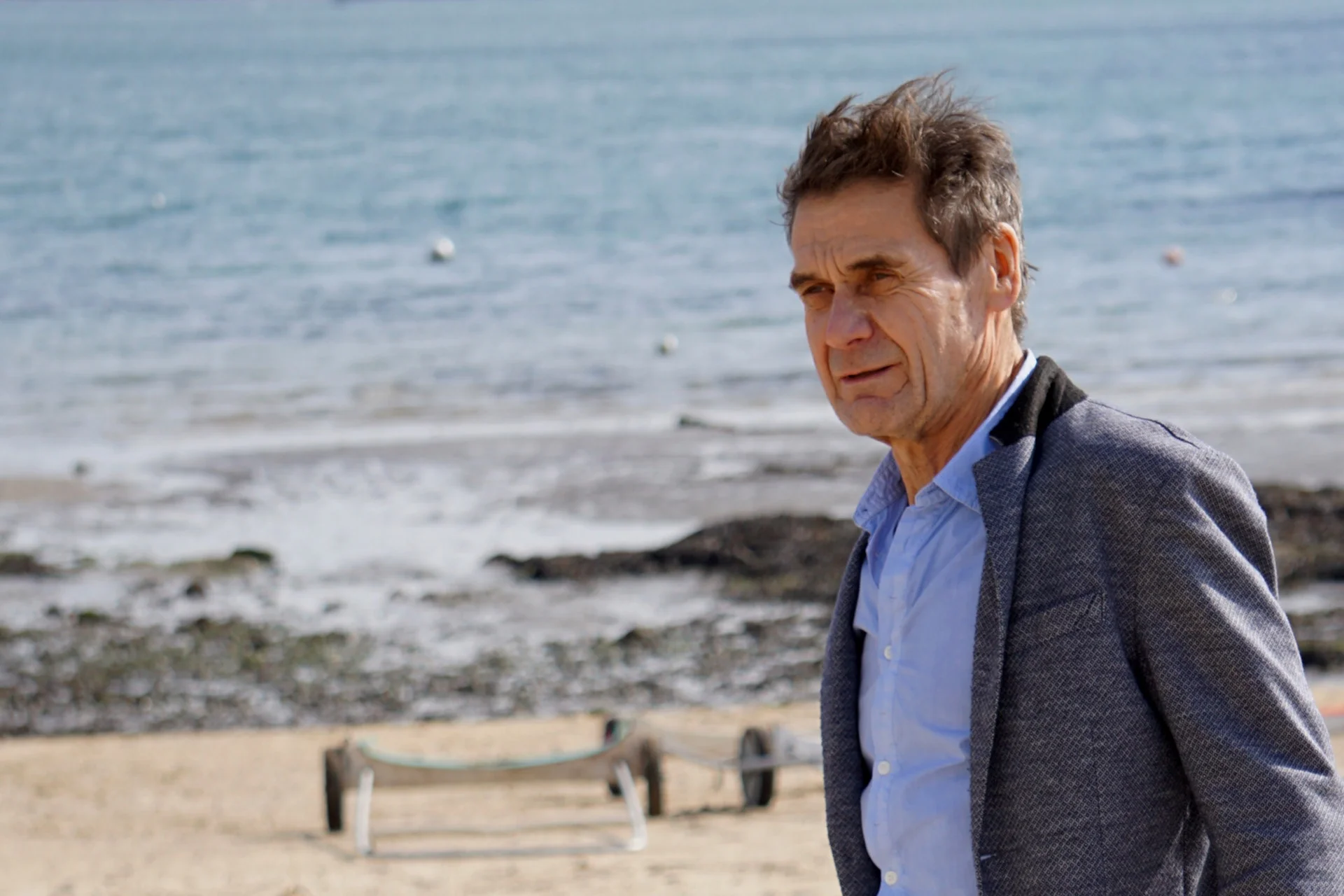Individuals & Couples Without Children
Although single people and couples without children may not seem similar at first glance due to experiencing life differently, from an Estate Planning point of view they share the same concerns and face the same issues. Among these issues is planning for the possibility of disability. Nearly half of Americans will be unable to live independently for a period of time before they pass away, and as modern technology has advanced this period of time has gotten longer and more expensive.
Younger Earning Years
If you are younger and many years or decades from retirement, your greatest asset may be your own earning potential. What might happen if something left you unable to continue working and producing income? Although social security disability insurance (SSDI) is available under many circumstances should disability occur, approval may take 30 days to 2 years; and its maximum benefit is very low. Depending on what your income level is, a disability income insurance policy might make sense as part of a holistic estate plan.
Even while younger, you should have a backup plan for that "what if" disability, whether it is an illness, accident, or unforeseen circumstance. Oftentimes, any number of parties may want to make financial or medical decisions for you, and they do not always have your best interests in mind. Social workers, medical facilities, relatives you may or may not be fond of, and attorneys representing any of these parties are all possible examples. Accordingly, your estate plan should name the people that you trust most to look after you in lieu of allowing a court of law to decide.
Support System As You Age
Particularly as you age, you will notice a weakened natural support system of those around you. Your parents will have passed on, and your siblings are themselves getting older and facing the same issues as you. There are no children or grandchildren, and other younger relatives you may have are prone to prioritize their own parents, even if you have a great relationship with them. If you are single, this will be very obvious. But even if you are part of a couple, you will only have each other until one of you passes away or becomes too disabled to assist the other. What are you to do?
There are strategies we are able to consider within the context of our Elder Law practice to help you address these challenges. Depending on your age, income stream, and individual circumstances, this may include private pay arrangements, long-term care insurance, a Medicaid Asset Protection Trust (MAPT), or an application for Medicaid or VA benefits.
Leaving Your Mark
Even if you do not have children or grandchildren, you still have a desire to leave your mark on the world once you are gone. Without a plan in place, the courts of law will distribute your assets in probate, and you may be surprised at where they go. We can work with you to make sure that your assets get where you want them to be, whether that means lifelong friends, relatives such as nephews and nieces, or charities and organizations that have shaped and impacted your life.



